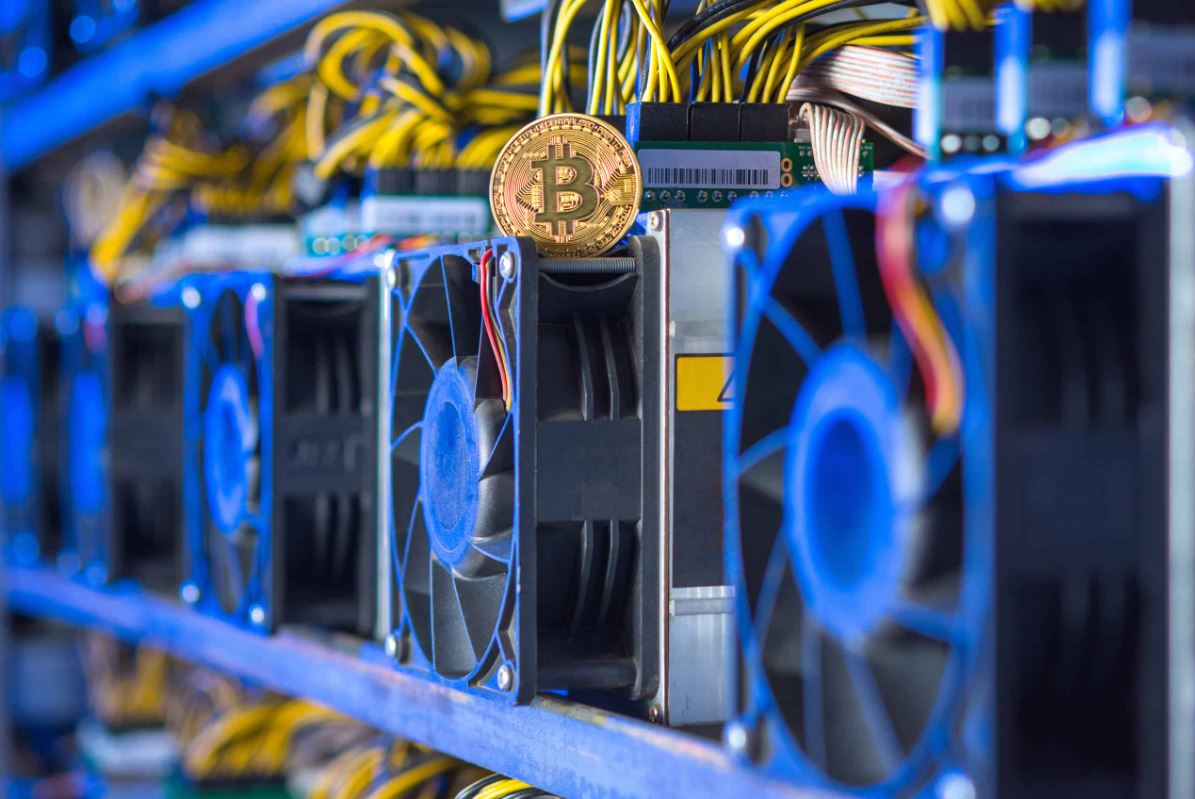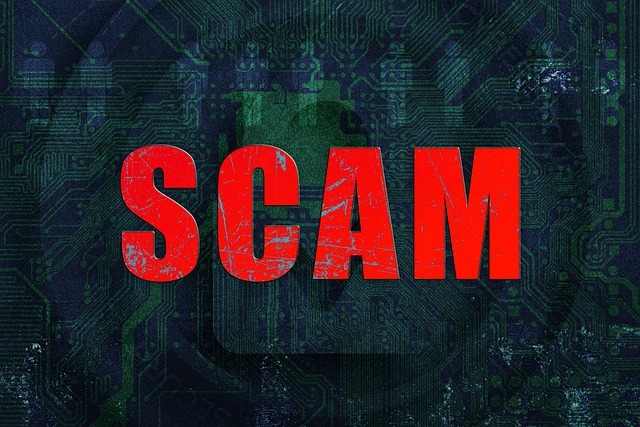The collapse of the stablecoin TerraUSD and the underlying cryptocurrency Terra Luna (LUNA) has led to massive losses for investors invested in the stocks. The value of the TerraUSD has significantly decoupled from the value of the US dollar and LUNA tokens are now worth a fraction of a dollar cent. The core function of the project – pegging TerraUSD 1:1 to the US dollar through an algorithmic solution – did not work. The confidence of the market and investors has been consistently disappointed.
The project initiators therefore approached the Terra community last week with a plan to revive the project. Voting on the revival plan was made through the network’s validators, with each vote represented by a token delegated to a validator. Such governance votes often pose a dilemma for operators of validators to whom LUNA has been delegated by third parties. While one delegator urges the validator operator to vote for a governance measure, the other demands negative voting behavior. How should validator operators behave in such a case?
No claim to certain voting behavior without agreement
Insofar as the validator operator has not made any promises in any form to those delegating to him in the run-up to the governance vote, the delegating parties have no legal claim against him to certain voting behavior. The lack of concrete agreements is even the norm, especially since validator operators in most cases have no knowledge of the people delegating to them. Rather, the delegation of dPoS-enabled crypto units is carried out directly by the delegator by selecting a validator in the wallet software used. The validator operator only has the information that crypto units have been delegated to him.
In these constellations, there is regularly a lack of agreement on contractual obligations, since there is no real communication between the parties involved. In particular, there is no promise to the delegates to vote in one sense or another or to participate at all in a governance vote. The case is different, of course, when operators of validators communicate in some way with their delegates, for example via a website, e-mail or messenger and promise them a certain voting behavior. Then, in individual cases, contractual relationships may have arisen between the parties involved, which also include, for example, the secondary contractual obligation to generally protect the interests of the contractual partner.
Clear and consistent communication is important
Validator operators have the lowest risk associated with governance votes when they maintain clear and consistent communication with their delegators. Since the interests of the delegators with regard to the outcome of governance votes can conflict with one another, it is advisable in case of doubt not to take part in such votes at all and – if possible – to inform the delegators in advance.
Delegators who are interested in a specific outcome then have the opportunity to withdraw their crypto units from the operator’s validator and see to it that they are used for the desired vote. Otherwise there is a risk that delegators who have suffered a disadvantage as a result of a governance vote will try to hold the validator operator harmless.
Can BTC be regulated and centralized? The answer will surprise you
- Michaël van de Poppe: Bitcoin to Hit $500,000 This Cycle? 🚀💸 Or Just Another Crypto Fairy Tale? - December 21, 2024
- What is the Meme Coin Bonk, Price Predictions 2025–2030, and Why Invest in BONK? - December 18, 2024
- BNB Price Analysis: 17/12/2024 – To the Moon or Stuck on a Layover? - December 17, 2024



![The strategic approach to AI in the enterprise 6 Top 10 Leading Countries in AI Research and Technology [current_date format=Y]](https://cryptheory.org/wp-content/uploads/2023/08/ai-strategie.jpg)



















